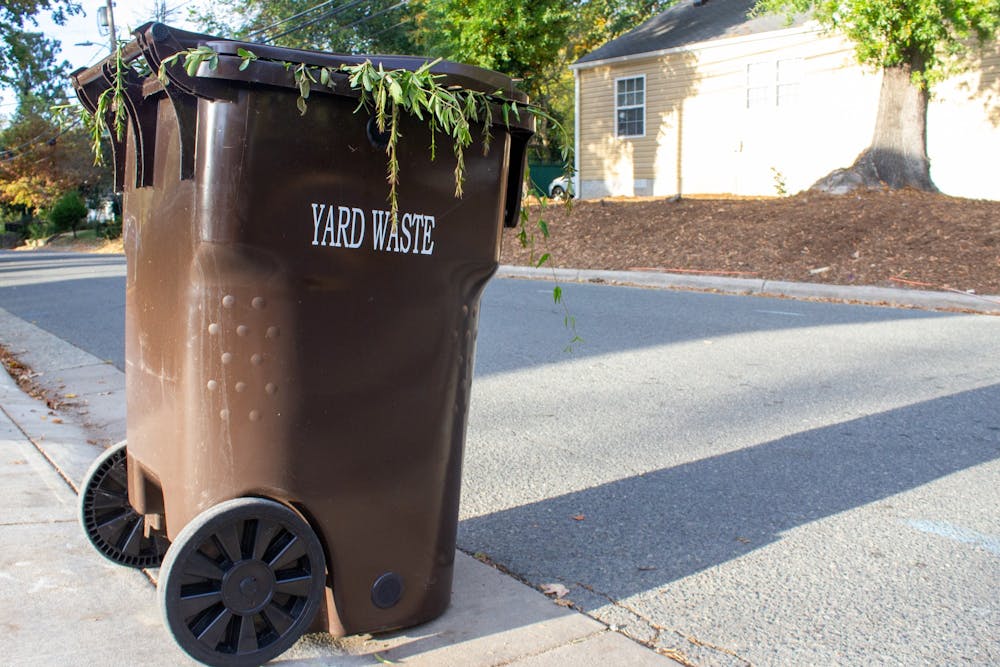John Richardson, community sustainability manager for Chapel Hill, offered an update on the progress to the Climate Action and Response Plan at the Town Council's Oct. 12 meeting.
The Town of Chapel Hill passed the original plan in April 2021.
The plan aims to reduce greenhouse gas emissions that contribute to climate change and help Chapel Hill become a community where everyone has access to affordable housing, clean air and water and healthy foods.
Richardson said the main goal right now is to target the major sources of greenhouse gas emissions in the community.
“Ninety-six percent of (emissions) come from just two sectors: buildings and transportation,” Richardson said.
He said his team is working on implementing new energy-efficient alternatives to combat the high emissions from the top two sectors.
“We want to see more rooftop solar here in Chapel Hill, we know that's a good thing,” Richardson said. “We also have learned that the most efficient way to do renewable energy is at that larger utility scale for both wind and solar.”
Richardson said steps towards implementing solar energy have already been taken in the community with the launch of Solarize the Triangle this past August. The initiative acts as a solar crowdsourcing program.
The basic idea is the more people who participate, the cheaper and more affordable it is to access solar energy, Richardson said.



